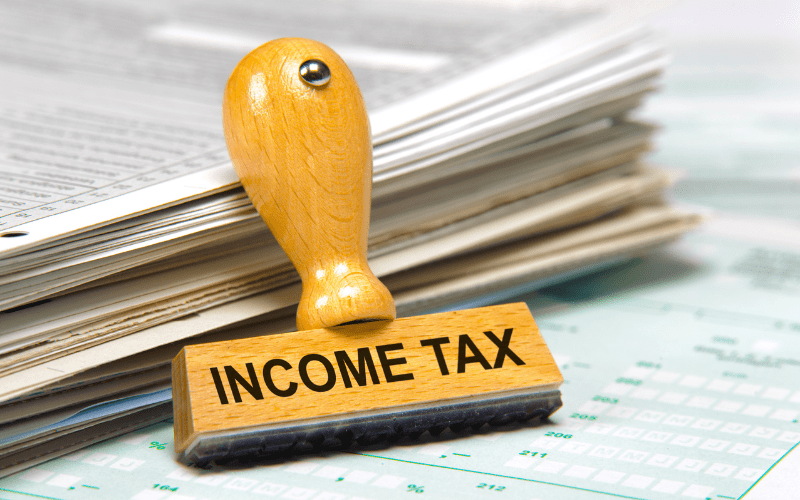Greetings, number crunchers and abacus aficionados! 
Ever wondered how states like Florida and Texas give their citizens a break from the shackles of state income tax while still managing to keep the lights on (most of the time)? It’s like a magic trick where they pull a rabbit out of the hat, and then that rabbit proceeds to pay property taxes. Let’s pull back the curtain on this financial wizardry.
1. Property Taxes – Because Houses Can’t Run Away
First and foremost, both states like their property taxes higher than an accountant’s socks at a year-end party. While residents don’t have to part ways with their hard-earned cash in the form of income tax, they do have to shell out more regarding the value of their homes. In other words, while your paycheck is safe, your house is silently footing the bill. Sneaky, right?
2. Sales Taxes – The ‘You Buy It, You Contributed’ Mantra
Think of sales tax as the not-so-fun version of retail therapy. Texas and Florida have a broad sales tax base. So, while you’re buying that 10-gallon hat in Texas or those neon-coloured Bermuda shorts in Florida, you’re unknowingly adding to the state’s treasury. Sure, it’s a bit more with every purchase, but look on the bright side: At least you get something tangible in return, even if it’s just a really, REALLY big hat.
3. Tourism – Where Sunburns and Wallet Burns Co-exist
Ah, Florida, with its beautiful beaches, theme parks, and alligators waiting for their next selfie moment. And Texas, with its rich history, rodeos, and the irresistible lure of BBQ. Both states rake in billions from tourism annually. The more tourists, the merrier the state coffers. Every time tourists pay for a hotel room or buy a souvenir, they’re chipping in. So the next time you see a sunburned tourist, give them a nod of appreciation. They’re helping keep your income tax-free!
4. Natural Resources – The Beneath-The-Ground Gold
Texas, in particular, is blessed with black gold. No, not coffee (though that’s essential, too) – oil! Oil and natural gas production contributes significantly to the state’s revenues. Every barrel extracted is like a mini-donation to the ‘Keep Texas Income Tax-Free’ cause. On the other hand, Florida is more about phosphates than black gold, but hey, minerals are minerals!
5. User Fees – Pay as You Go, Literally
Ever paid a toll on a highway or for a public service and grumbled about it? Well, states like Texas and Florida rely more on these user fees. It’s like a subscription service for roads and utilities. Only instead of binge-watching your favorite shows, you’re just, well, driving.
6. A Favorable Business Environment – Big Business, Bigger Revenues
Both states have cultivated a business-friendly environment. They’ve rolled out the red carpet for businesses, from deregulation to incentives. And as companies prosper, they indirectly contribute to the state revenue. Remember, more companies = more sales tax. It’s basic math, which I’m sure all accountants can appreciate!
Conclusion: The Great Balancing Act
Florida and Texas might not tap into residents’ income, but they’ve mastered the art of revenue collection in other inventive ways. It’s like a teeter-totter: no income tax on one side, but property taxes, sales taxes, and the rest on the other. It all balances out.
So, for all the accountants out there, the next time you’re sipping on that Florida orange juice or indulging in Texas BBQ, give a nod to the clever financial machinery at work. And remember, behind every tax-free paycheck is a house (or a pair of Bermuda shorts) silently doing its part.
Till next time, keep those numbers rolling and those calculators blazing! 


Disclaimer: This information may contain statements concerning taxation. Those statements are provided for information purposes only and are not intended to constitute tax advice that may be relied upon to avoid penalties from any taxing authority.
This information is for general guidance on matters of interest only. As a result of constantly changing laws, rules and regulations, there may be omissions or inaccuracies in the information in this article. For accurate tax advice tailored to your specific situation, please consult with a professional tax advisor (like us!).
